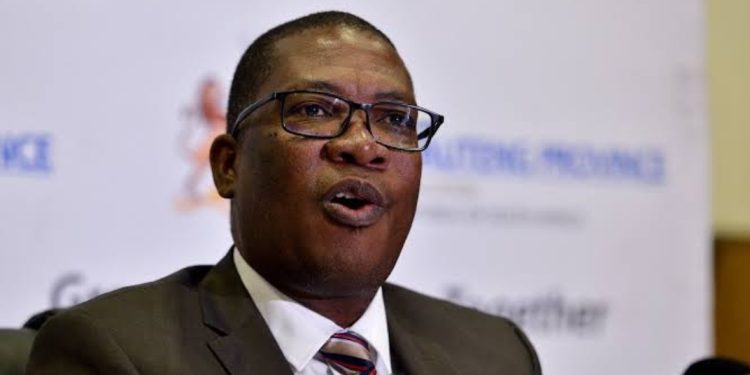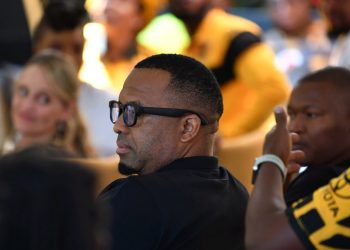- The ANC’s national executive committee (NEC) is set to debate dissolving leadership structures in Gauteng and KZN due to internal divisions, a move causing concern among provincial leaders.
- Gauteng and KZN leaders warn that dissolving their leadership could set a precedent, questioning if similar measures might eventually target the NEC.
- With the 2024 national elections looming, analysts see this December decision as critical to the ANC’s unity and public standing in South Africa.
The African National Congress (ANC) is gearing up for a high-stakes national executive committee (NEC) meeting in December, where members are expected to discuss potentially dissolving the leadership structures in the influential provinces of Gauteng and KwaZulu-Natal (KZN). These deliberations come amid concerns about internal strife and a lack of discipline in the provincial branches, issues the NEC hopes to address through decisive intervention.
Insiders suggest that both Gauteng and KZN may face structural dissolution due to challenges that have hampered party cohesion and performance. However, the idea has not been warmly received in either province. Leaders in Gauteng and KZN—both historical powerhouses within the ANC, known for their deep-rooted influence and grassroots connections—have reportedly voiced strong concerns about the possible consequences of such drastic actions. Some leaders caution that the move could destabilize the ANC further and prompt backlash at both the provincial and national levels.
“There’s a belief that these decisions are politically motivated and could trigger retaliatory measures,” commented a senior ANC member, highlighting the tension surrounding the potential NEC intervention. Provincial leaders in Gauteng and KZN argue that if their structures can be disbanded over internal challenges, the same logic could apply to the NEC itself, raising fears of a power struggle that might weaken the party’s overall stability.
Analysts warn that the NEC’s approach to this sensitive issue will have far-reaching implications, particularly as the ANC navigates ongoing challenges, including a decline in public trust, factional divides, and the pressure to present a united front ahead of the 2024 national elections. How the NEC manages the situation in December could set a precedent, either reinforcing or disrupting ANC leadership dynamics.
As the meeting date approaches, the stakes remain high. The decision may reshape the ANC’s power structure, signaling either a strengthened approach to unity or the deepening of internal fractures that could impact the party’s image and performance in the upcoming election year.






















